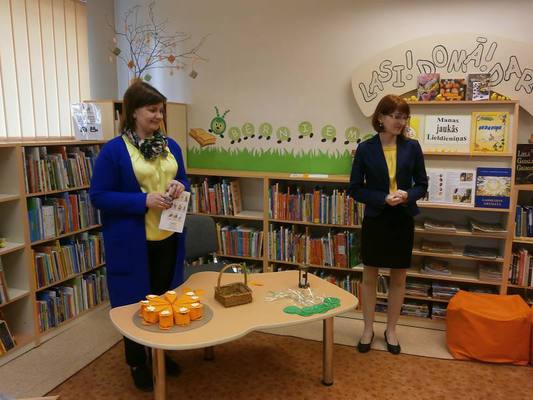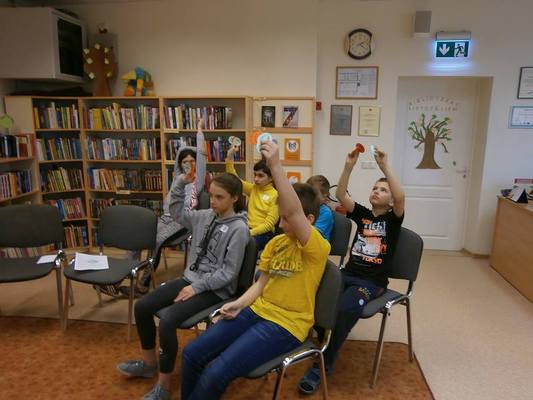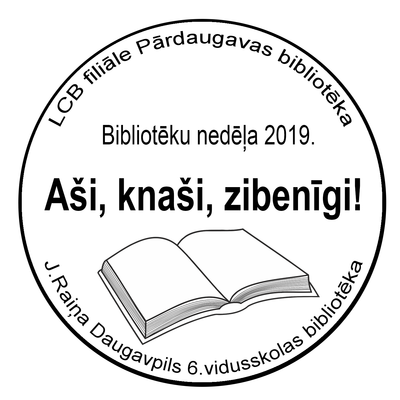- "Our school is named Daugavpils Secondary School #6 named after Rainis. Rainis is Latvian famous poet. He studied in our school.
Our new students (1st Form, age 6-7) came to get acquainted with the school library. And they get gifts - bookmarks. Why is it a lion on them? You will learn about it later during this project. And now you can write your ideas here in comments :)))
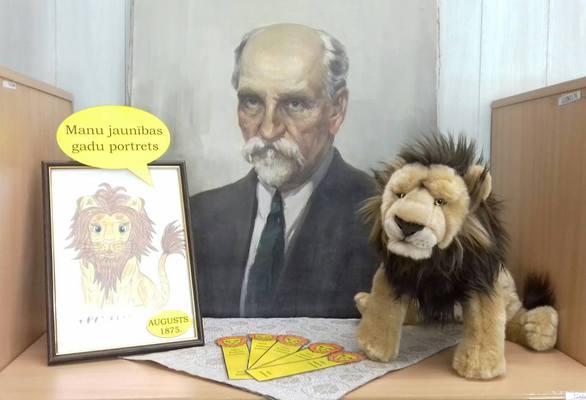
2. Latvia celebrates a hundred years since it became an independent state. And there are some events in school's library:
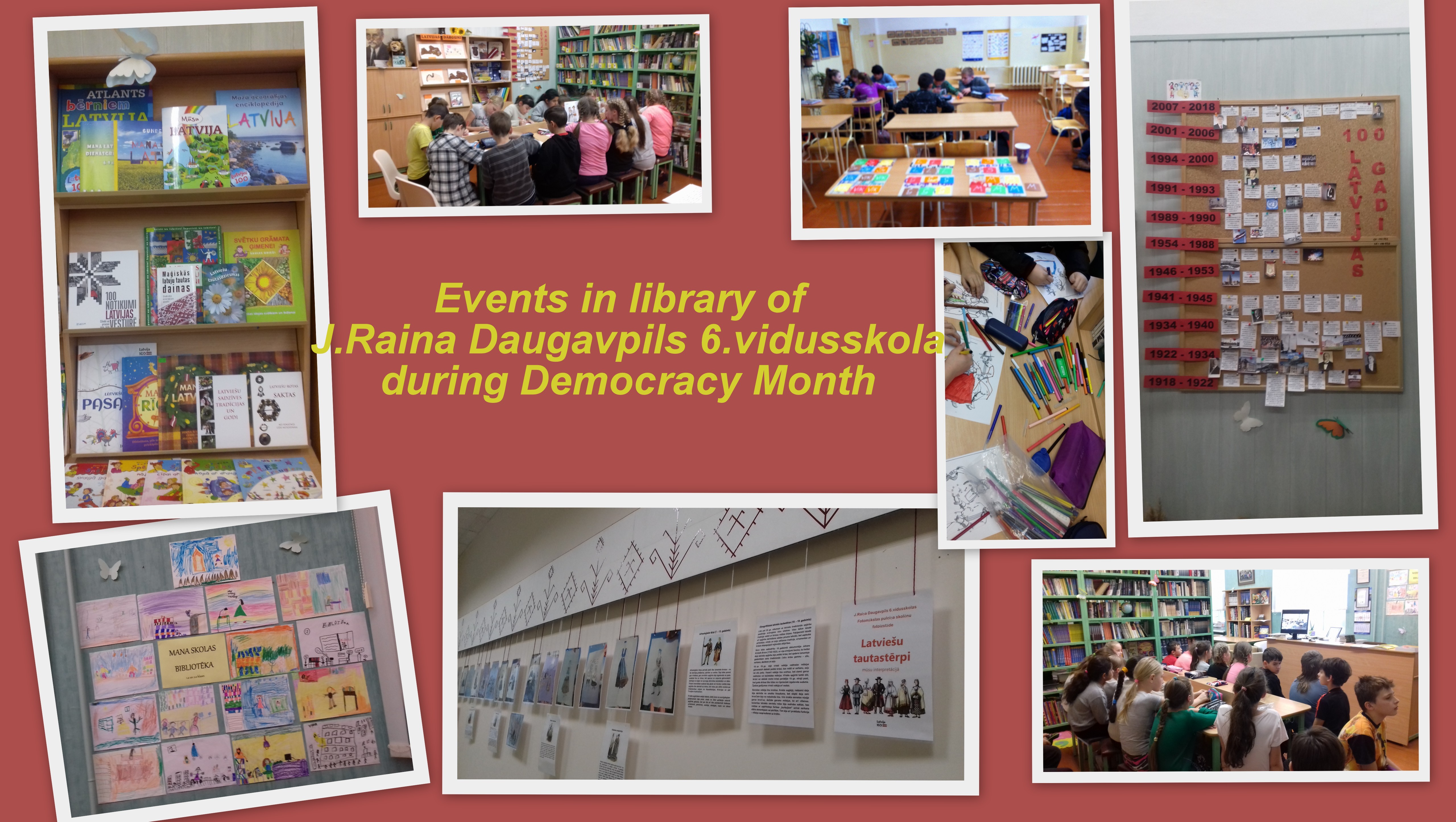
3. There is a special month in Latvia we celebrate lyrics in all libraries (and not only) called Poetry Days. They are held in September. Because Latvia's famous poet Rainis was born September 11. Here are the photos from our school's activities devoted to this September 10-21.
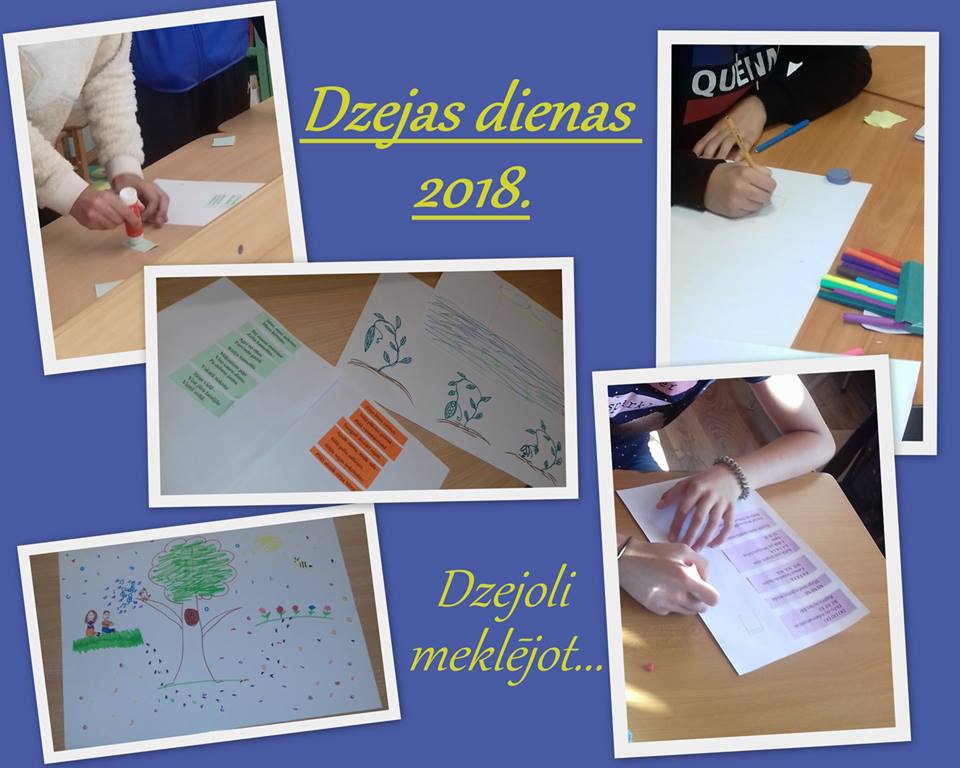
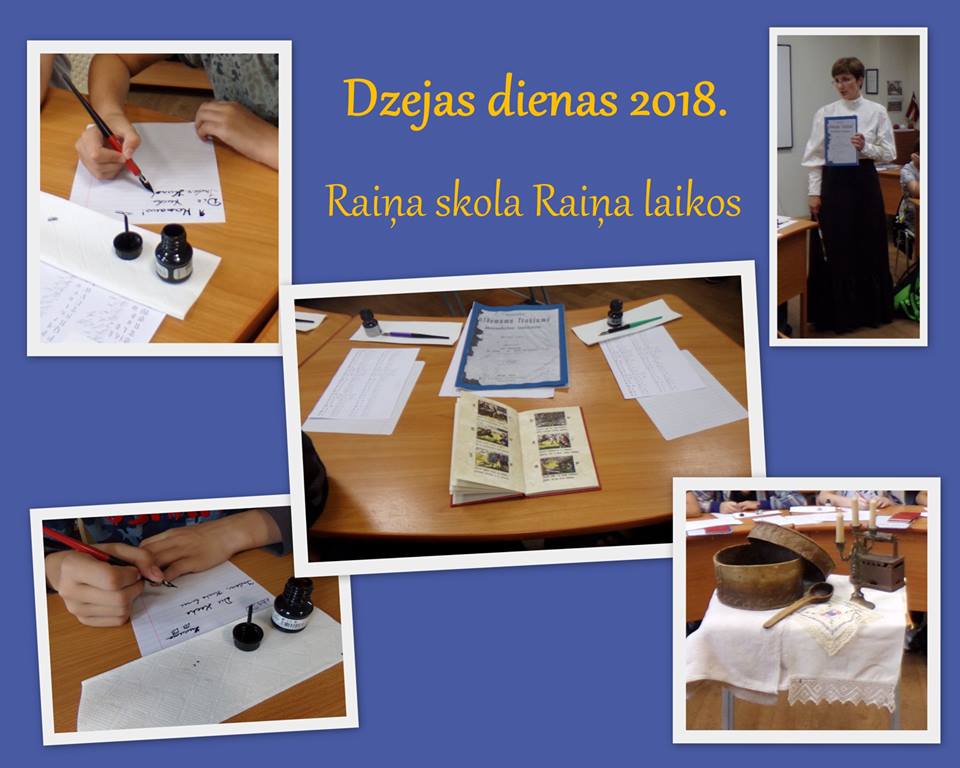
4. The visit of a local poet Jevgeņijs Golubevs in J.Raina Daugavpils 6.vidusskola.
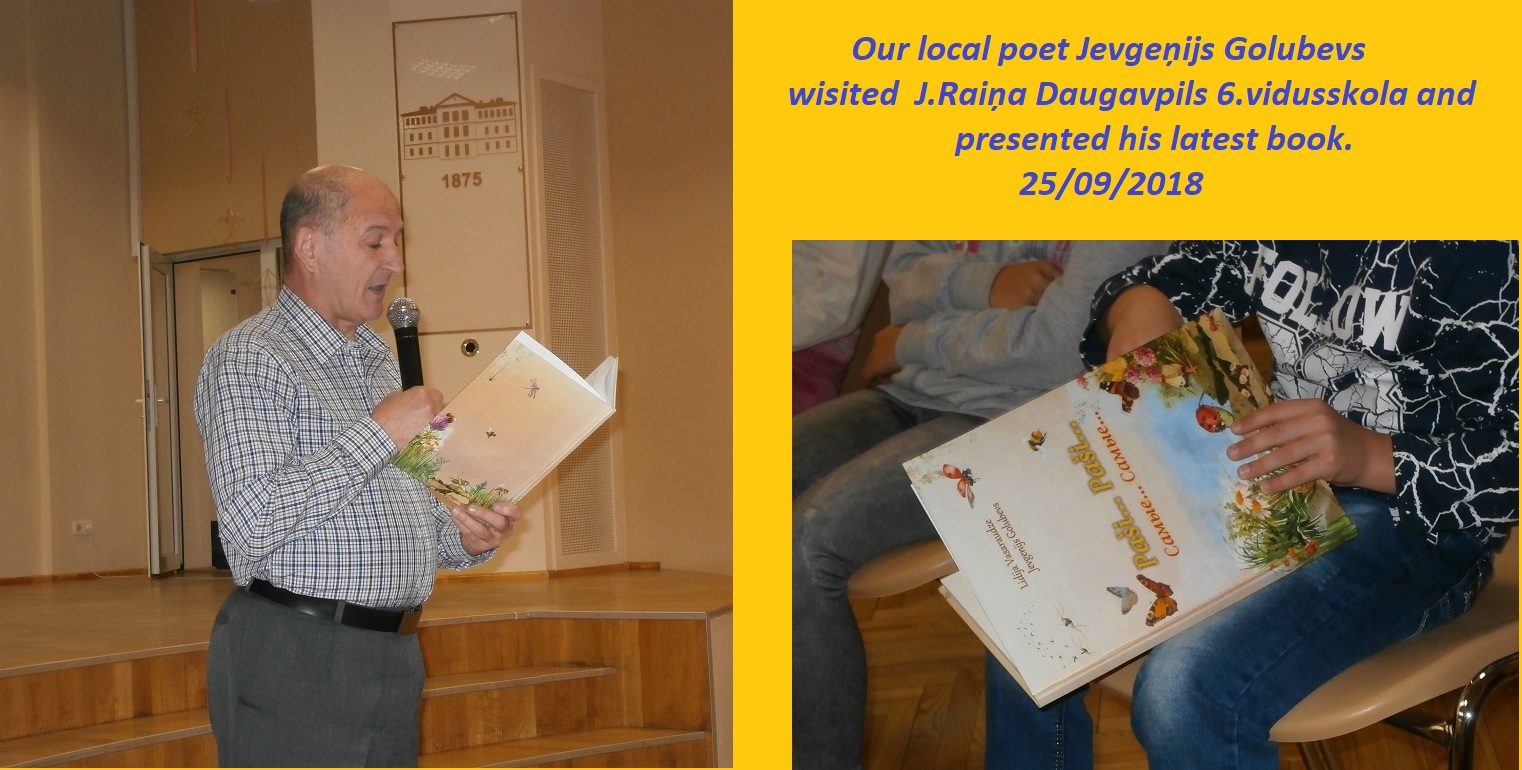
5. The Thank-Yoy Day in J.Raina Daugavpils 6.vidusskola's library.
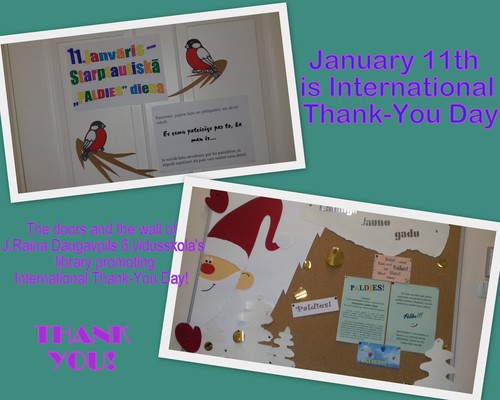
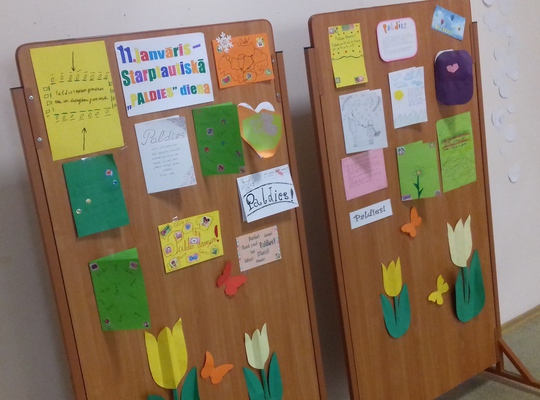
6. Grand Opening of the Exhibition of the drawings to the book "Knight in Rusry Armours" by R.Fisher.
"The READ(Y)? project team in J.Raiņa Daugavpils 6.vidusskola, Latvia, gathered more students in reading the book "Knight in Rusry Armours" by R.Fisher. We had a project week in our school. So, we read this book and made drawings. On Friday there was a Grand Opening of the Exhibition of the drawings. The artists presented their works. Lucky we are, two teachers from Spain ('Nuestra Señora del Rosario' Catholic school, Albacete) had their wisit in the frame of Erasmus+ projest in our school. So, they also atended this event and got some drawings from the authors. Lucky they are :) "
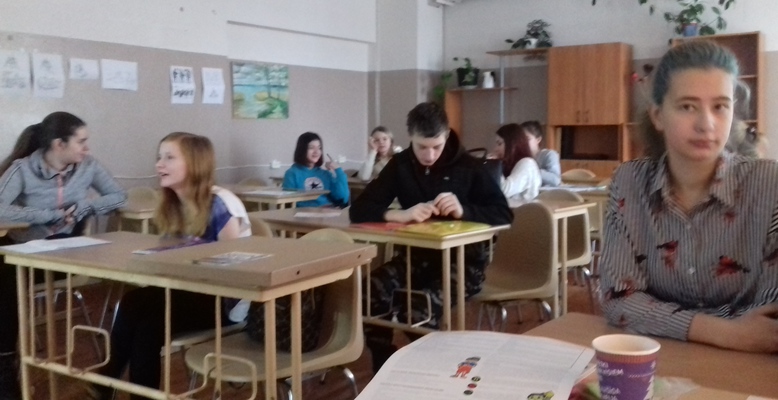
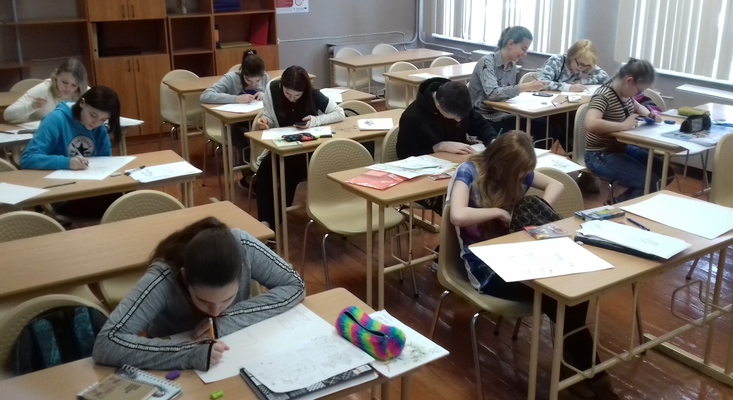
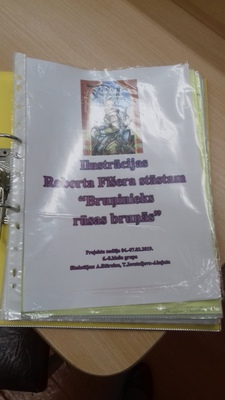
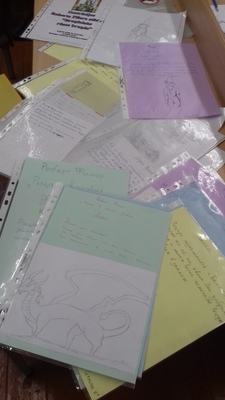
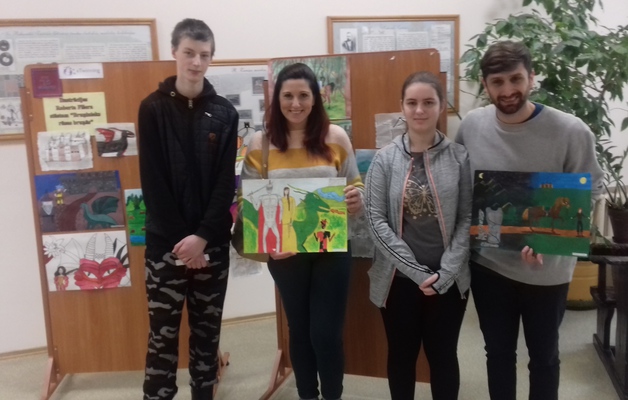
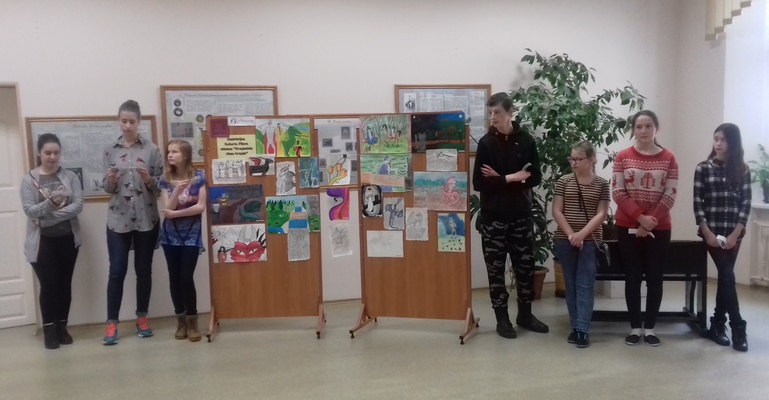
7. Celebration of Safer Internet Day: we have spent playing a special game devoted to this topic!
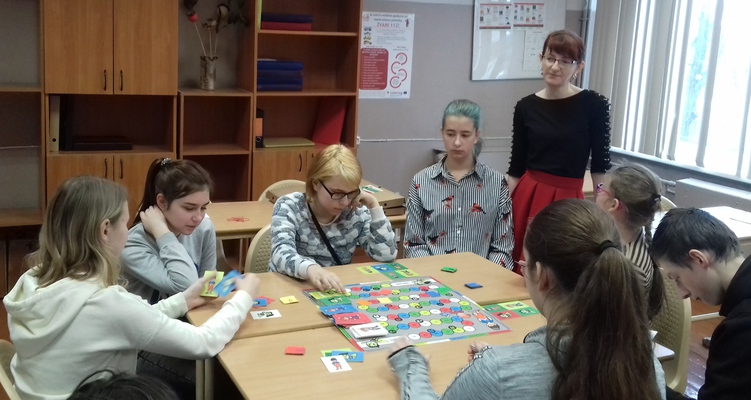
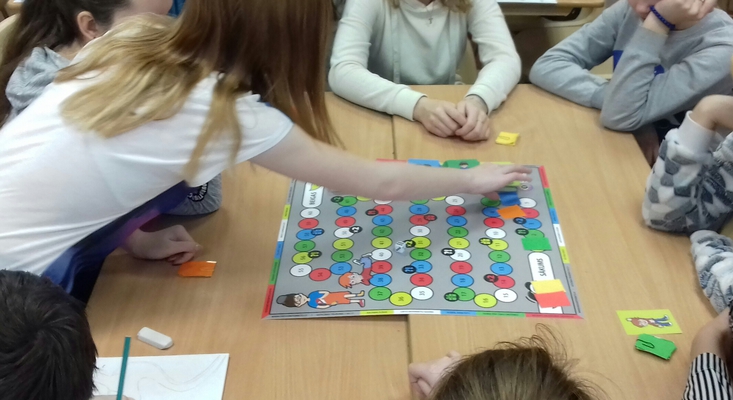
8. Celebration of ABC-book for first Form pupils.
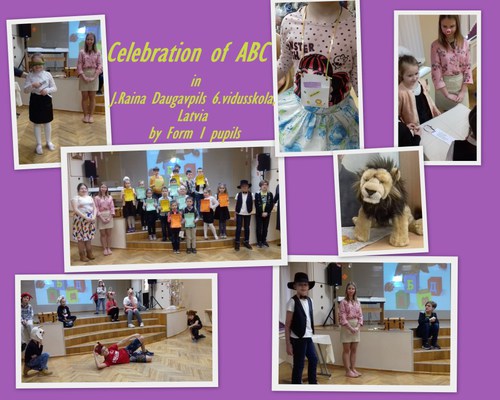
9. The International Book Giving Day in J.Raina Daugavpils 6.vidusskola's library.
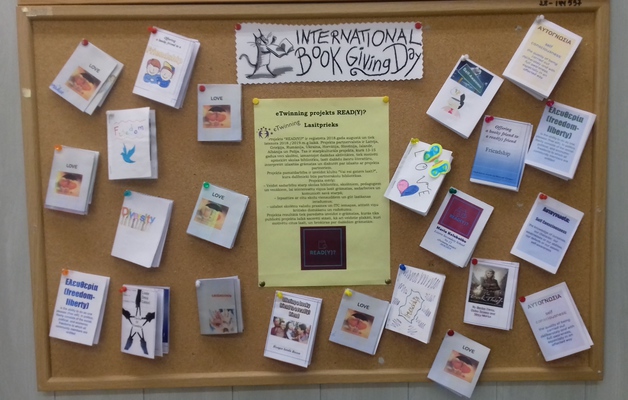
10. St.Valentine's Day in J.Raiņa Daugavpils 6.vidusskola's library, Latvia

11. International Mother Language day
The pupils of the age 10-11 were offered several topics to make small books: Love, Homeland, Friendship, Family, Diversity, Respect. They wrote their thoughts on the topics in their native language, made drawings and (as they were in a library) searched in books sayings on their topics and wrote them down in their small and cute books. Then the presentations and discussions followed.
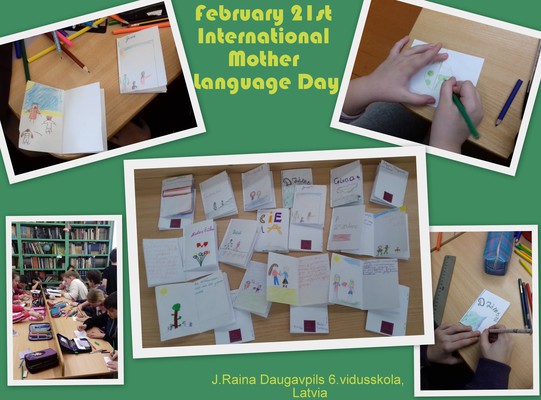
12. "The week of Baltic countries' literature 2019" Latvian - Lithuanian states project.
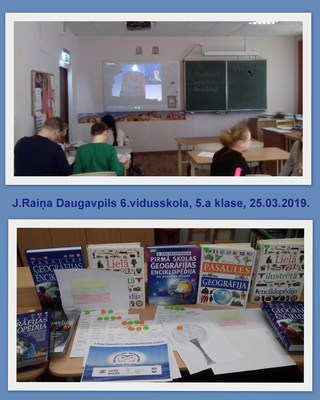
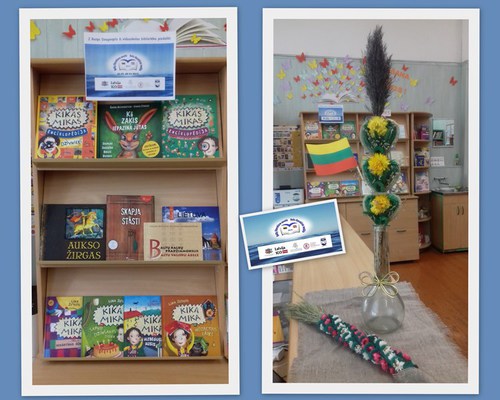
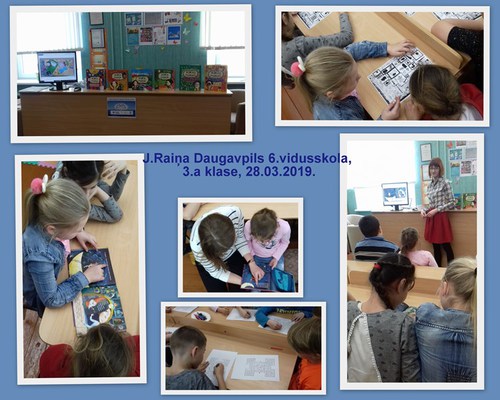
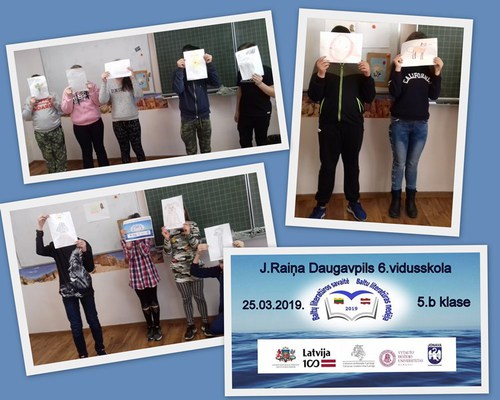
13. Holidays before Lent
Almost in all countries, there are different kind of celebrations before Lent. And then comes Easter. Here is some information about the holiday called Meteņi in Latvia and this kind of holidays in some other countries.
Meteņi or Metenis is an ancient Latvian spring waiting holiday, that ends on Ash Wednesday, which is followed by Lent. Meteņi is celebrated in February or early March, seven weeks before Lieldienas (Easter).
Origins
The Meteņi celebration preserved the ancient traditions of New Year's Eve, because ancient Indo-European people celebrated New Year's Eve in mid-February. This came from the early Latvian word "meti", which meant turn of time, gauge. The original meaning is preserved in the word "laikmets" (era). Lithuanian word "metai" even now means "year".
Name in other languages
In Livonian populated regions and Riga, this celebration is known as Fastelavn (possibly originating from German Fastnacht - hunger night). Elsewhere, it is also called Lastavāgs, Aizgavēnis, Miesmetis, Buduļi Eve, and Pie Day. Lithuanians call it užgavėnės, while Estonians call it vastlapäev. To Russians and other Orthodox Christianpeoples this festival is known as Maslenitsa (Russian: Масленица, Belorussian: масьленіца, Ukrainian: масниця).
Elsewhere in Europe and America, this festival coincides with the carnival time and referred to as Shrove Tuesday (French: Mardi Gras, German: Fastnachtsdienstag, Italian: Martedì grasso, English: Shrove Tuesday) or "Pancake Day". In Latin countries, it is called carnival, carnaval or "meat balls", and it is the holiday of overeating, after which comes Lent. It is also has a connection with Roman Empire's time to celebrate traditions of April Fools' Day on April 1. During it happens a mask parade (masquerade), all sorts of performances, and immoderate blowout and drinking. To bid a farewell to Winter, they burned a year-old allegorical serpent or dragon, straw dolls, and logs, whose ashes are spread across the land so that the New Year would be fruitful.
Holiday traditions
Meteņi is about people eating and drinking as much as they wanted. During this time pigs were slaughtered, so the traditional holiday dishes were pig's head and fritters. Parents threw gifts to their children from above the room, as if Laima threw her gifts from above the heaven. As with every winter holiday, ķekatas were traveling the country and paid visits to people. There is a belief that the longer Meteņi is celebrated, the better the harvest is expected following summer. The Solstice bonfire is burned, while performing rituals of tying a witch's tongue and donations. The campfire is used to burn last summer's Jāņi festive wreaths.The straw is often burned and in some places the straws are handmade into characters, which is primarily removed from hills and then burned to drive winter away.
https://lv.wikipedia.org/wiki/Mete%C5%86i
At Daugavpils, Latvia, our Library:
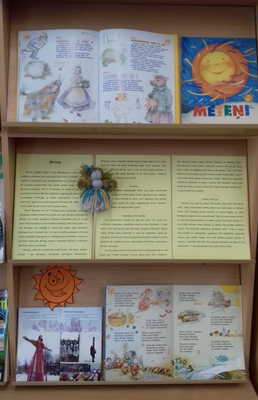
14. Foto exhibition "BOOKFACE"
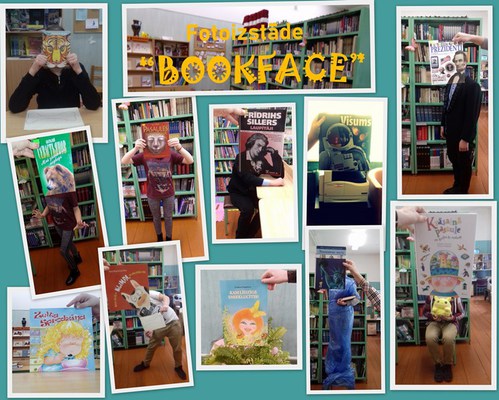
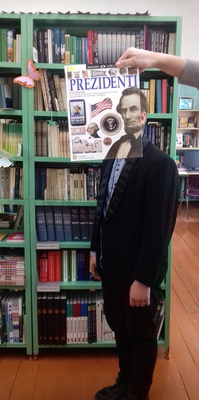
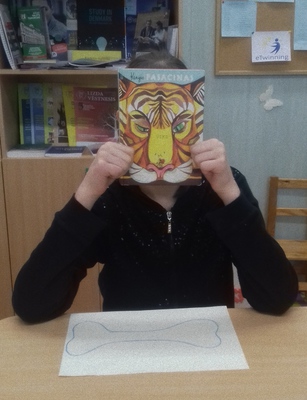
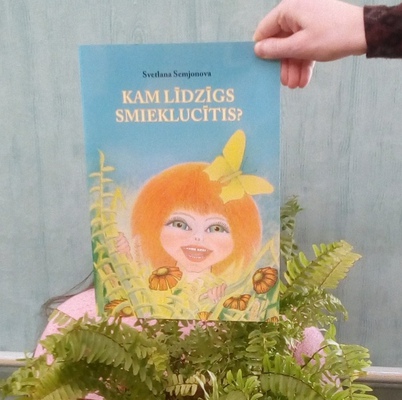
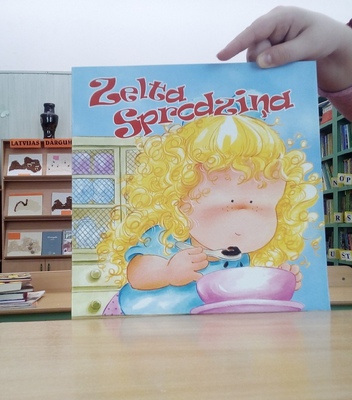
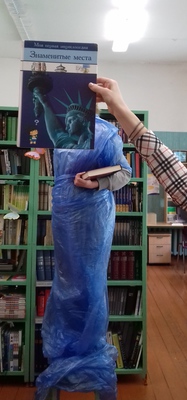
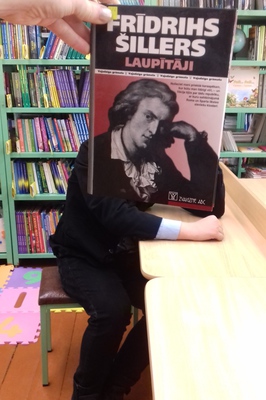
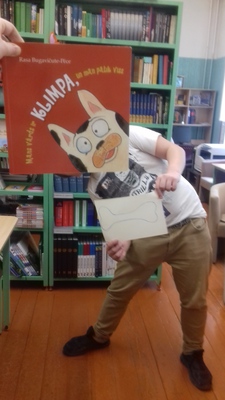
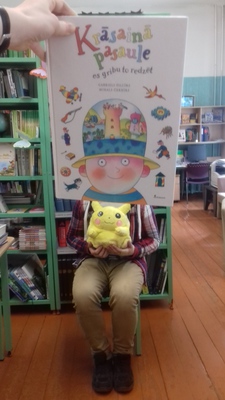
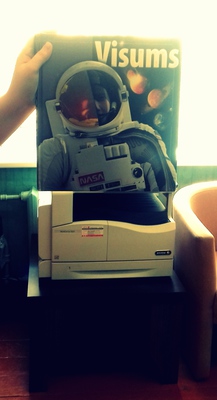
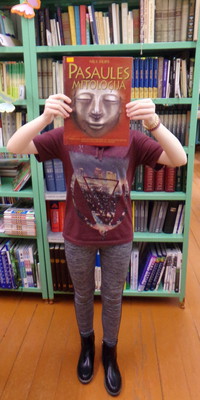
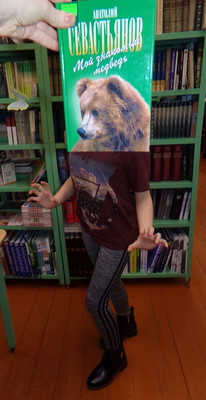
15. World Book Day (23 April) we celebrated in
City's library Pārdaugavas bibliotēka.
Our school's librarian together with one of the City's library libraria made a common activity for our school's 3 and 4 Form students. They competete in fast reading, story telling and doing the quiz.
